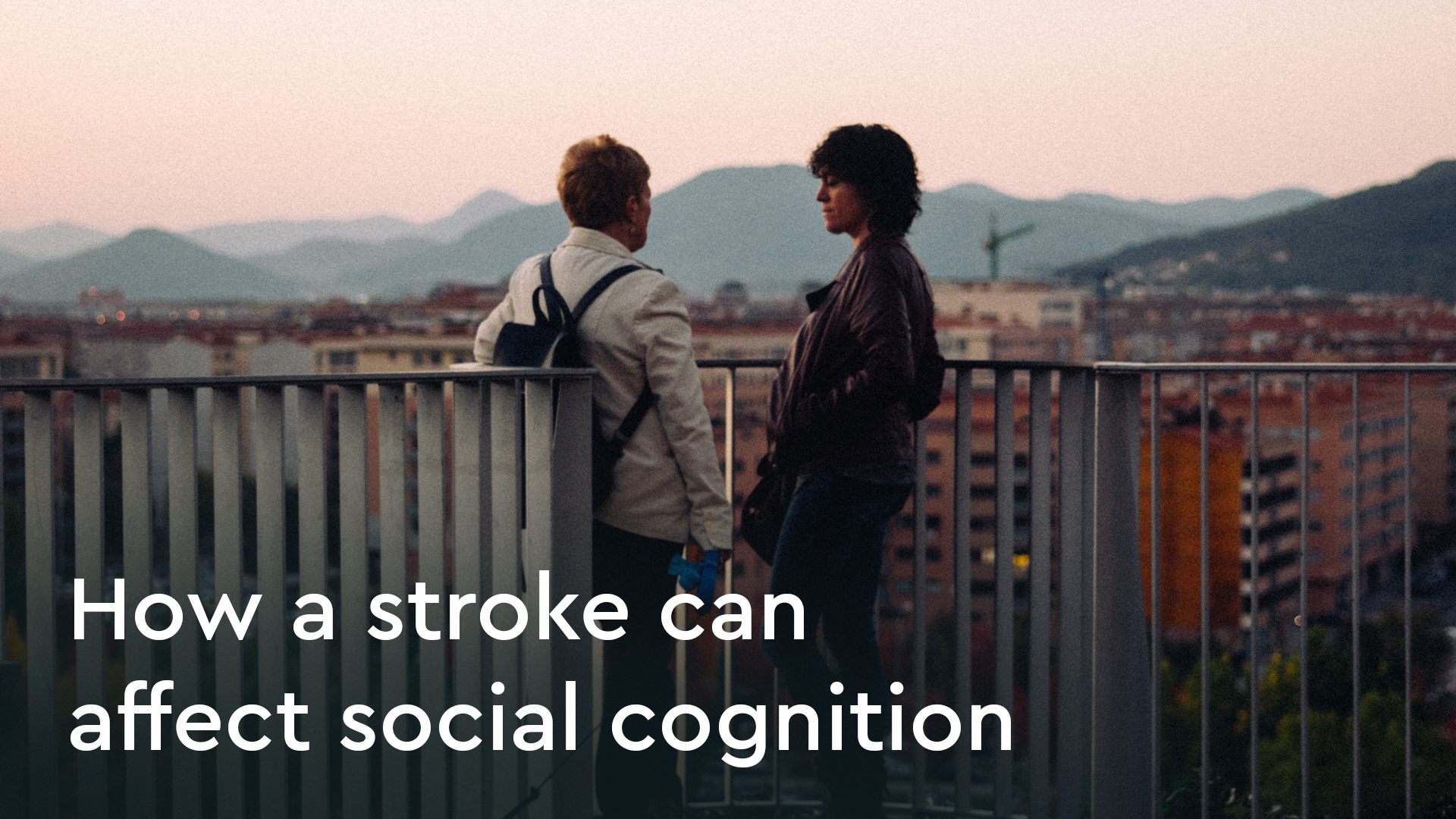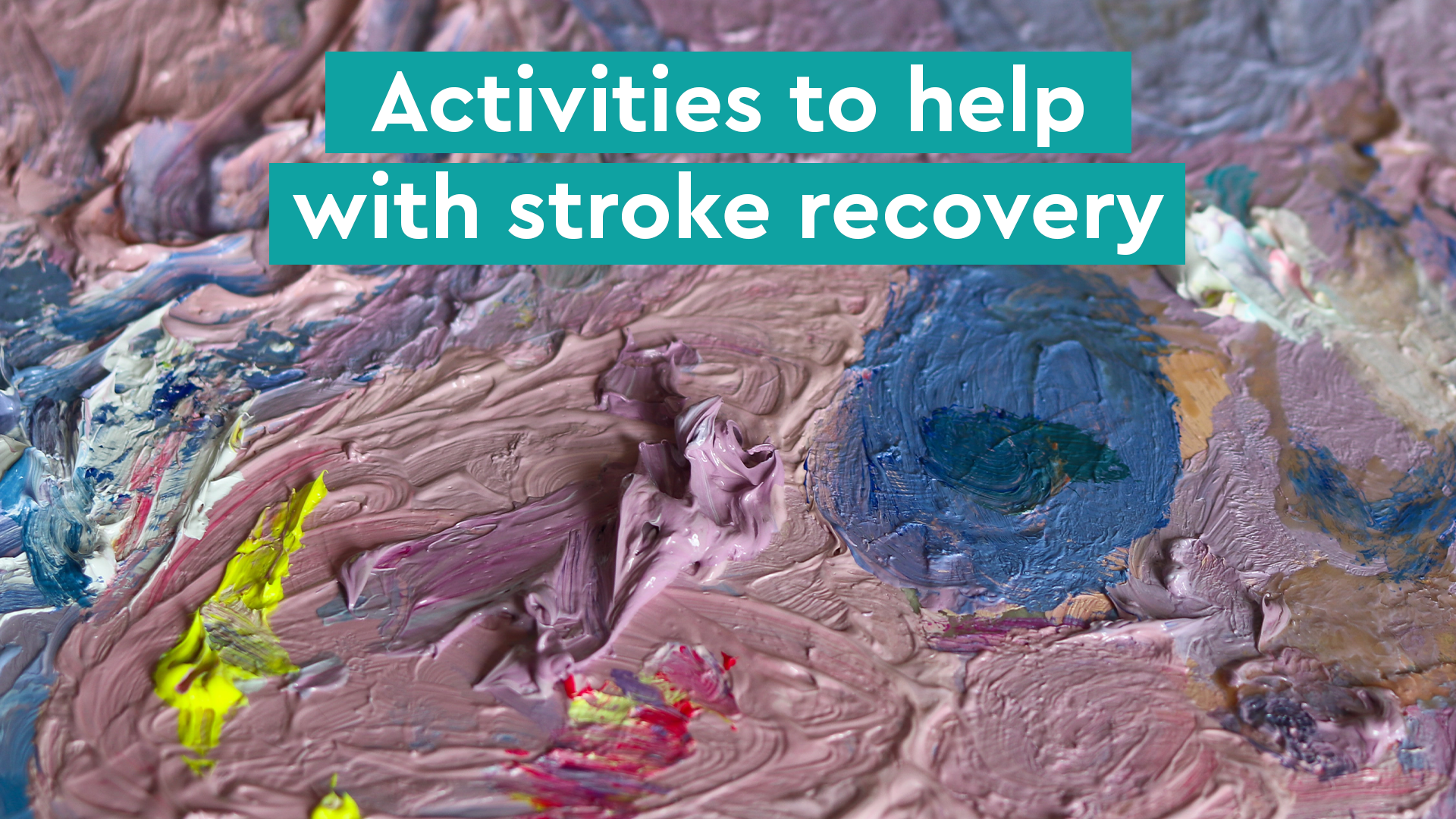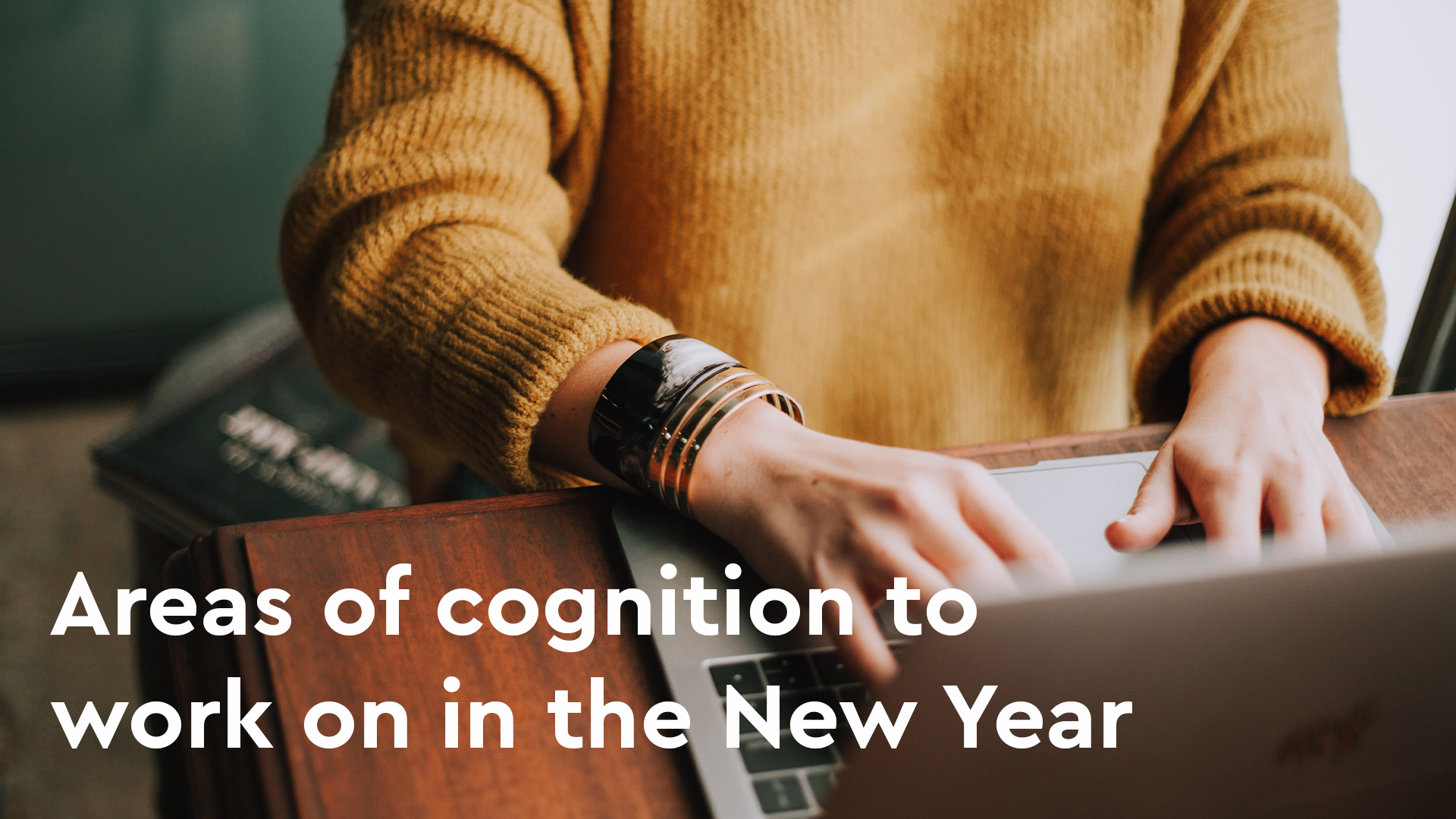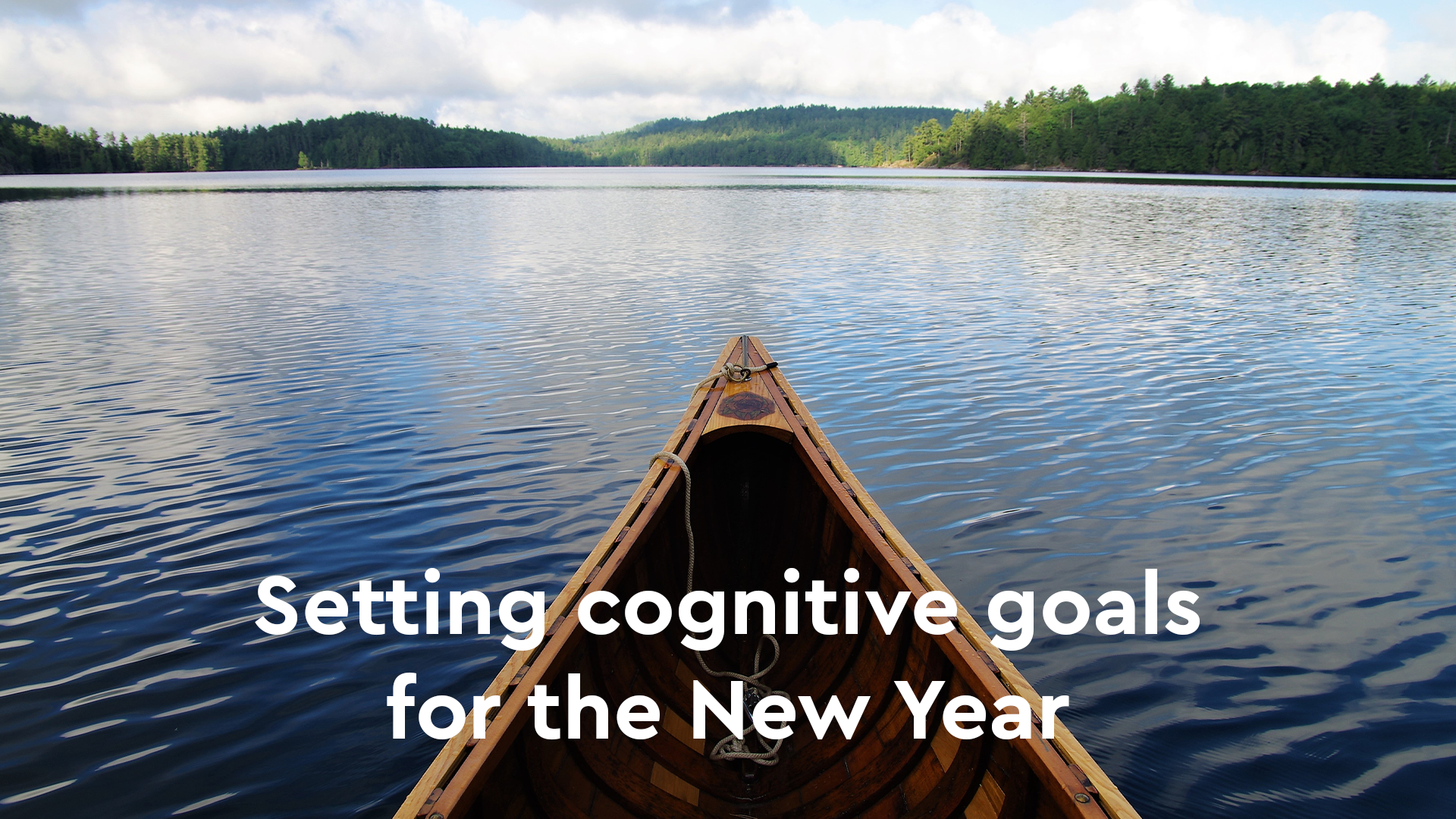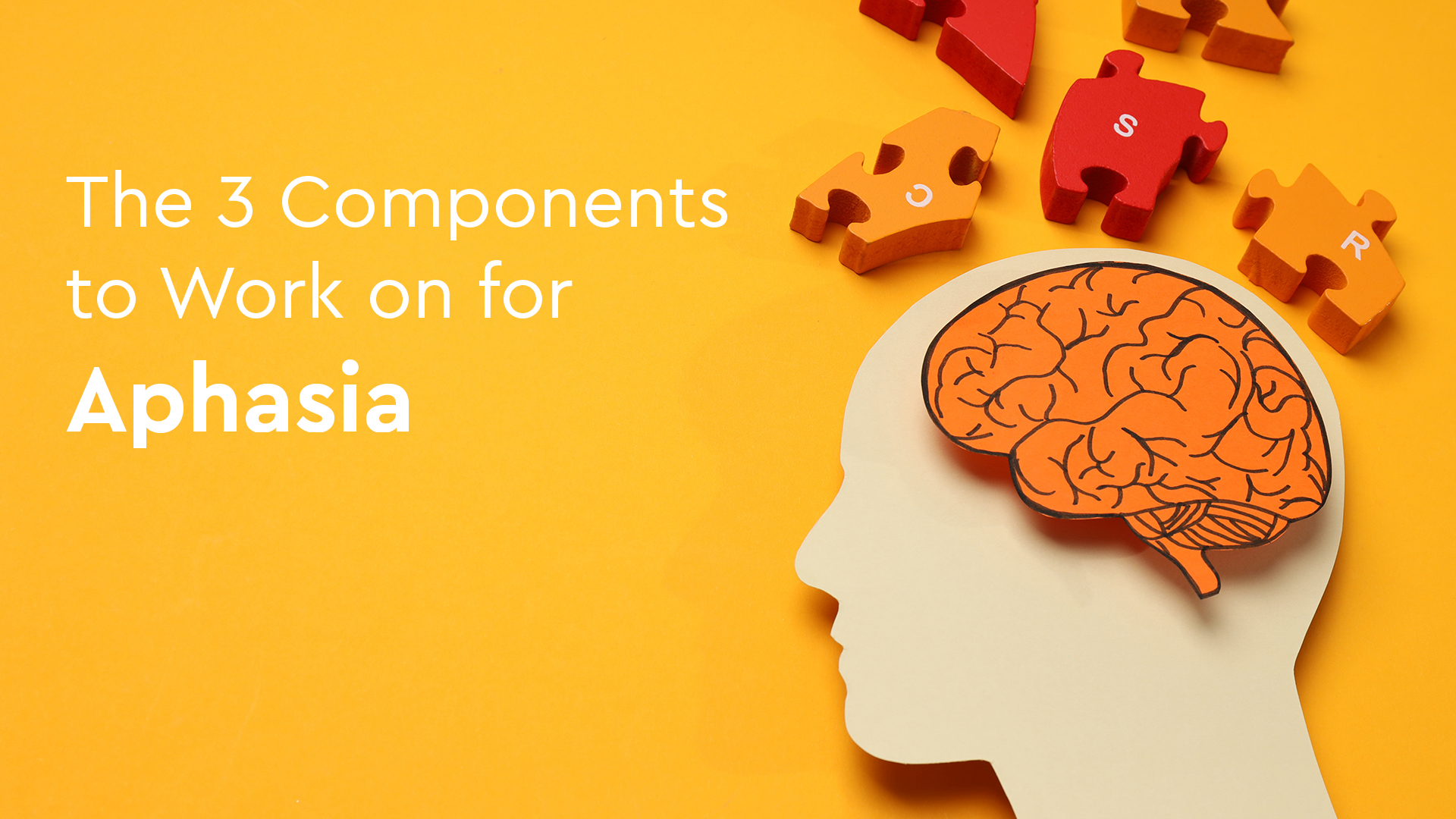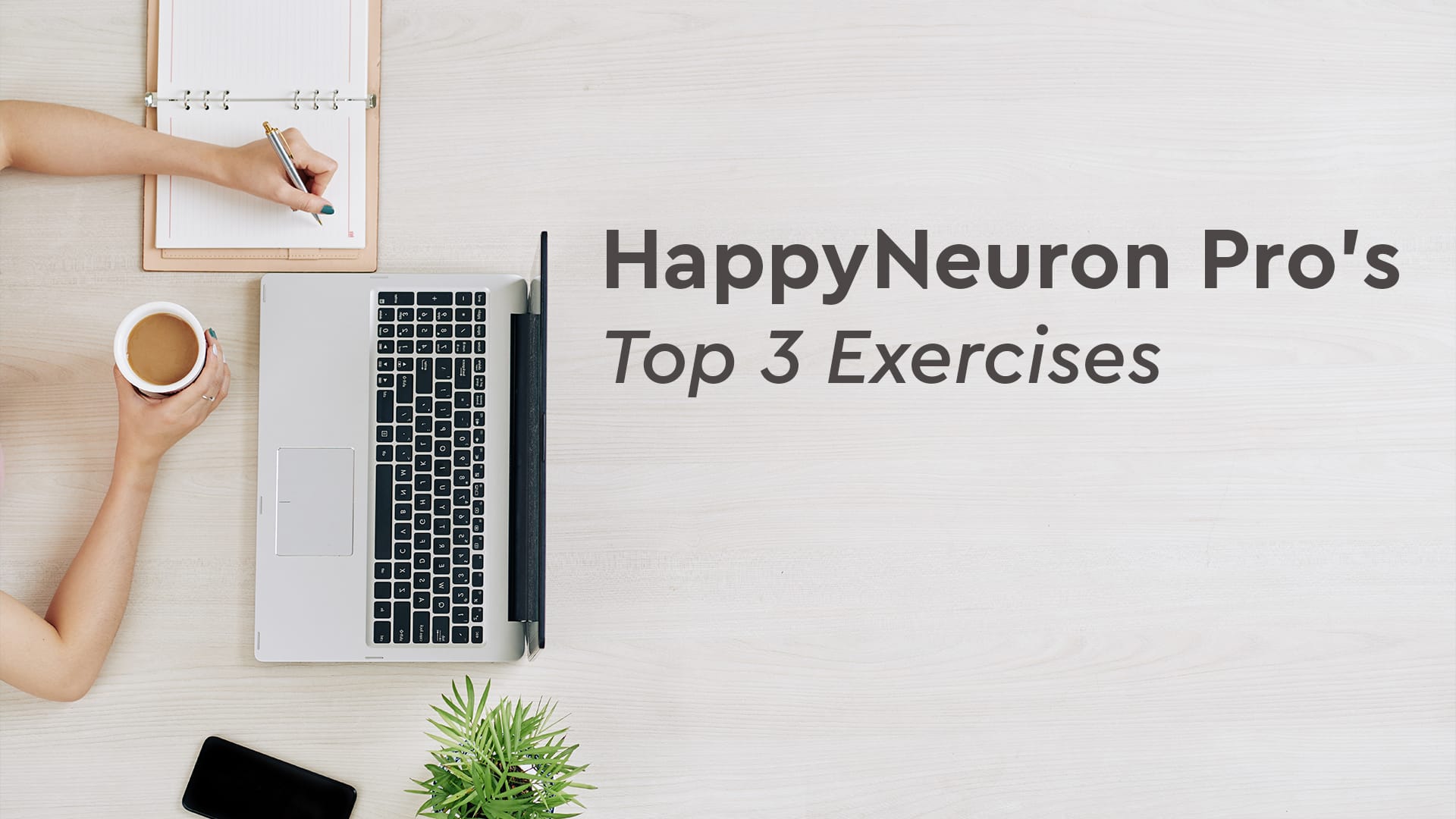06 Feb How a stroke can affect social cognition
Posted at 00:00h
in Cognitive Rehabilitation, Group Therapy, Misc, Neuroscience, Occupational Therapy, Psychology, Social Cognition, Speech and Language Pathology, Stroke
The effects of a stroke can vary widely. For some, a stroke can affect social cognition and social behavior.


